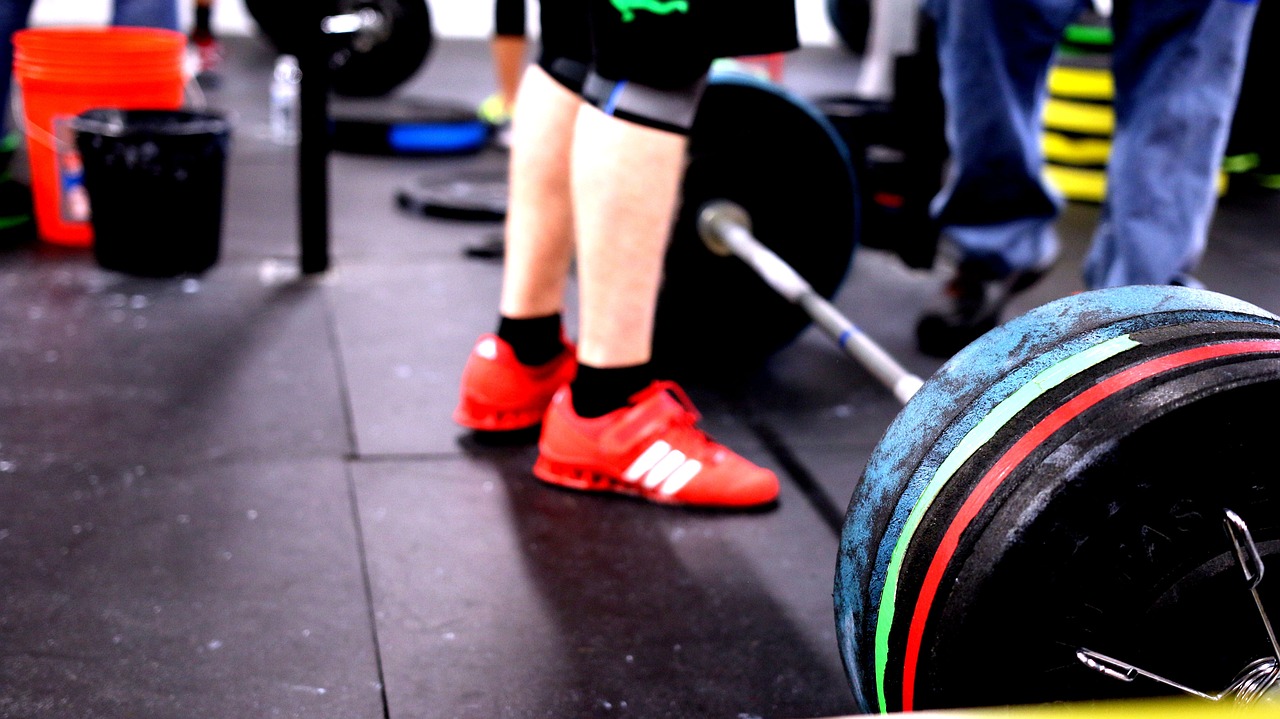Do you ever feel like you’re in a fitness rut no matter how hard you try? Despite trying different fitness classes and diets, the scale just won’t change. We have all been stuck at some point. Hitting a plateau is a struggle many people face, but the good news is there are proven strategies to break through these barriers. Let us take a look at what might be causing those plateaus and actionable strategies to get you on track.
How long ago did you start training? A few months? A year? 2 years? How many times have you changed your program? If you have been following the same program for months, it will stop working. A program can work for up to 6 weeks for a beginner. A good rule of thumb, training programs should be changed every 3 to 4 weeks for beginner and advanced lifters. For me personally, programs change every week with a few constants for 3 week waves. For example:
Week 1/ day 1:
Back squat 3×1
Wide stance SSB good mornings 4×7
Bench supported rows 4×12
Glute ham raise 3×12
Calf raises 3×15
Side bends 3×10/10
Week 2/ day 1:
Front squat 3×1
Wide stance SSB good mornings 3×6
Pull ups 3×70%
Glute ham raise 4×12
Double unders 4×15
Ab wheel 3×15
Week 3/ day 1:
Back squat 3×1 (PR last set)
Wide stance SSB good mornings 3×7
Seal rows 3×10
Glute ham raise 3×15
Low triple bounds 3×4
Landmine rotation 3×10/10
The main takeaway is to change your program. The body will constantly adapt to the stress you apply to it each week. There are a number of ways you can change the stimulus on the body. You can increase the weight each week, increase the amount of repetitions, increase the speed of the lifts, and change the variation of the exercise.
Since we’re on the topic of programming, it’s worth mentioning, too many people don’t train hard enough. Every training session should be difficult. If you’re working with light weight, do a lot of reps. The muscles should be burning by the end of each set. If you are lifting heavy, you should be out of breath, unable to do much in between sets. The body only changes and develops after doing difficult things. When training for hypertrophy and doing accessory exercises, you should be training 65-80% of your max for high reps. If you are training for strength, you should have designated days for max weight (100%). If you are working with light weights, you should strive for 90-100% effort. Do the reps until you can’t maintain proper technique. You will stop losing weight if you do the same things in the gym every session. You won’t get stronger if you do the same things in the gym every session. The body will stop adapting towards progress and it will remain stagnant. You should strive to struggle if you want to get better.
For the rare individuals who are gluttons for pain, you might struggle with overtraining. This is somewhat common for young gym goers. Overtraining occurs when you train too much. Your nervous system and muscles don’t have enough time to recover from the previous training session. If you expect to max out on weight every time you train, and you’re in the gym 5-6 days a week, your body will plateau or break down. The last thing you want to happen is to regress. You need to allow your body to recover from hard training days. You’ll avoid injuries and regression.
Now let us take a look at other elements aside from training. Food is something everyone needs. For those of you looking to lose weight, you must wave your calorie intake each month.
Let’s take a look at sample student Anne. Anne is 34. Before she started reducing her calories, she ate 2500 calories. After eating less, she is now at 2000 calories. If she continues to eat this for 2 or more months, her body will become more efficient and recognize 2000 as the new norm. She will stop losing weight. She will have to reduce even further to 1600, then 1300, then 1000. This is far too little. Instead, she should wave her calories each month. Starting from 2500, she goes to 2000 for a month, then back up to 2450 for a month, then 2000, then 2450, then 1900, then 2400. By the time she gets to her target weight, she will still be eating sufficient calories, she will be healthy, and she will be happy.
Now let us think about someone with a performance based goal such as getting stronger. The more intense your training becomes, the more energy you will require. This means you will need to consume more calories. These calorie increases do not need to be dramatic but they are necessary. Your body might just require a small snack before training.
The final piece to pay attention to is sleep. If you expect to make progress for long on 5 hours of sleep per night, keep dreaming. Sleep is necessary for everyone. If we didn’t need it, no one would ever do it. Sleep helps us recover mentally and physically. The brain uses sleep to regulate hormones, organize memories, and regulate the metabolism. Lack of sleep can make it hard to lose weight and concentrate in the gym. Sleep also allows the body to repair any damages. When we train, we break down muscles, when we sleep we build them back up and stronger.
To read all of this makes it seem easy. It could be. If you find yourself struggling to make the necessary changes, a coach may be a great tool to have. A coach can keep you accountable, make the changes you don’t know you need, and will teach you how to pay attention to these changes on your own.
If you hit a plateau, reflect on your training, diet, and sleep. Make small changes and watch your body make big adjustments. Don’t be discouraged, only empowered. Keep learning and keep growing.



